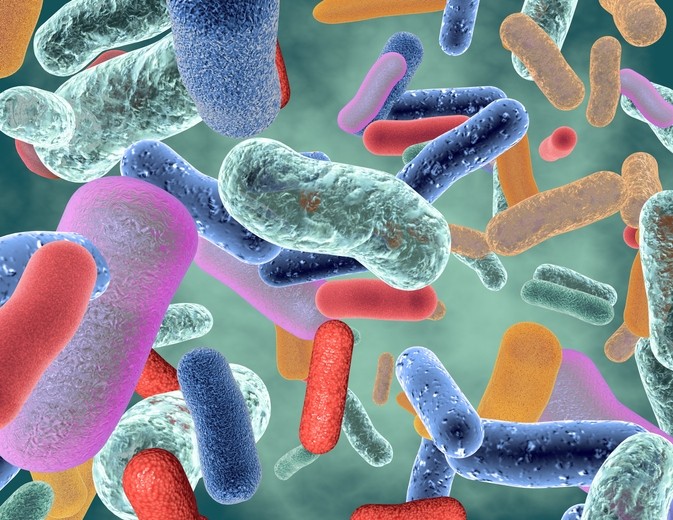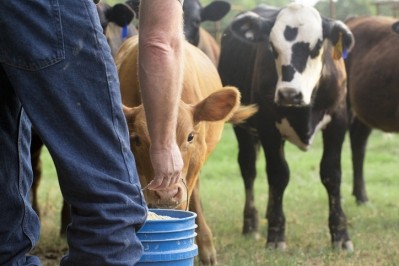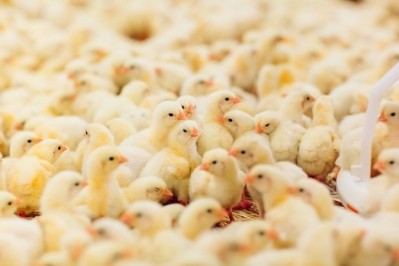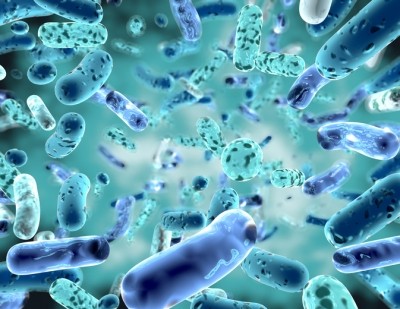Eubiotics helping to ‘maintain normal’ in livestock production

“The use of eubiotics has been increasing in multiple livestock and poultry production systems in the US to support digestive health and performance,” David Mathes, director of sales and marketing at DBC Ag Products, told FeedNavigator.
“Part of this has been driven by the US Food & Drug Administration (FDA) initiative to reduce antimicrobial resistance with several programs, including the Veterinary Feed Directive (VFD) in 2015.
“But likely more important is the consumer market showing a preference for meat produced without chemicals, including antibiotics,” he said.
Data from Grandview Research supports Mathes’ observations. In its report published last month [July], the market research company valued the global eubiotics market at US$5.9bn in 2019 and projected compound annual growth of 8.1% from 2020 to 2027.
Eubiotics explained
Eubiotics are a class of feed additives that currently includes prebiotics, probiotics, essential oils and organic acids. However, DBC says that as more and more ingredients are evaluated, the number of categories will likely broaden.
The company says they work in a number of ways to maintain a healthy balance of microbiota in the animal’s gastrointestinal (GI) tract, supporting normal digestive health and a healthy immune system.
“Probiotics deliver viable microorganisms that help maintain a natural population balance of probiotic microorganisms in the GI tract to support normal digestive health; prebiotics provide a food source for naturally occurring microorganisms in the gut to help maintain proper flora and support digestion; organic acids provide nutritional support for the mucosal lining of the digestive tract, and essential oils offer flavoring for appetite, while supporting normal gut health and digestive function,” explained Mathes.
Synergistic performance
Whilst eubiotic ingredients can be used individually, in DBC’s experience, the best results are achieved through a combination of ingredients.
“We have observed how broad-based combinations that we have built outperform the individual ingredients as well as combinations with fewer ingredients,” noted Mathes.
He believes this is because these ingredients address the multiple complex processes at work in the digestive system.
“The digestive system is complex, with multiple biological processes that all work together to maintain normal digestive health and proper digestion to support the entire body. Combining ingredients that help support these multiple areas will exceed the capability of just one ingredient that works in a more specific manner,” he explained.
New-biotics
When “less traditional” eubiotics are introduced into the mix, there is even more to gain, according to Mathes.
Examples of “less traditional” eubiotics include egg proteins, specialized whey proteins, dried kelp, yucca schidigera and psyllium seed husk.
“When combined with traditional eubiotics, these ingredients help form a total package to help calves perform to their full potential,” said Mathes.
“Maintaining normal”
Whilst the rise of eubiotics in livestock rations correlates to a fall in the use of feed-grade antibiotics, following the VFD, Mathes is keen to emphasize that eubiotics should not be viewed as ‘antibiotic alternatives’.
“I don’t believe it is correct to state that eubiotics are ‘antibiotic alternatives’. Eubiotics and other feed ingredients that are incorporated into food animal production are being used to help support normal digestive health and proper digestion, and by doing so, support the immune system. Maintaining normal in raising food animals can help produce healthy, large animals,” he said.








